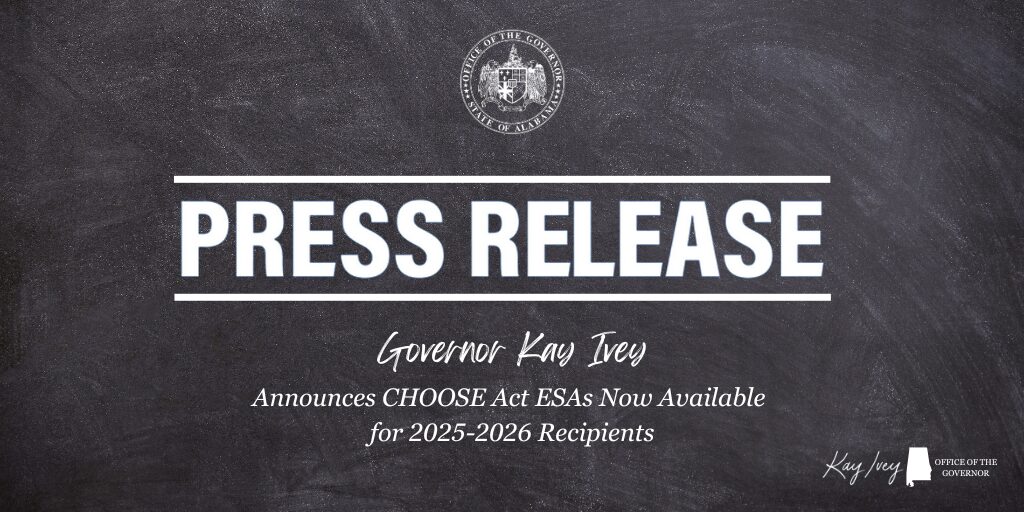 AndreiPopov/iStockBy ELLA TORRES, ABC NEWS
AndreiPopov/iStockBy ELLA TORRES, ABC NEWS
(NEW YORK) — Homelessness in New York City could see a dramatic spike during the novel coronavirus pandemic if city leaders don’t enact a plan to stabilize housing, a nonprofit has warned.
More than 325,000 of New York City’s lowest-income households — almost 1 million people — are at risk of severe income loss and may be unable to pay rent, according to Win, a nonprofit that provides temporary, emergency shelter to families with children experiencing homelessness. Win is a nonprofit partner of the city’s Department of Homeless Services.
The at-risk households were ones where the primary earner has a job in industries severely affected by the pandemic, such as food service and retail, according to Win. About two-thirds of the jobs lost to the pandemic paid less than $40,000 annually, according to one study by the Center for New York City Affairs at the New School.
Win said that even before the pandemic, the “extreme shortage of affordable housing” forced 28% of families to pay more than half their income on rent in 2018, leaving little for savings. In 2019, 70% of low-income renters had saved less than $1,000.
As more New Yorkers lose their jobs but still need to pay rent, “These households could quickly face eviction,” according to Win.
An eviction moratorium remains in place in New York state, Gov. Andrew Cuomo announced. Evictions originally were suspended until June 20, which Cuomo extended to Aug. 20.
However, tenants are still required to pay rent. And while landlords can’t sue for nonpayment right now, they will be able to when the moratorium is lifted, according to the office of Comptroller Scott Stringer.
Christine Quinn, president and CEO of Win, as well as the former speaker of the New York City Council, said the eviction moratorium won’t help people come August, when they have to pay the past months’ rent and have lost their jobs.
“Without intervention, there is no way to prevent those million people from becoming homeless,” Quinn told ABC News.
She outlined two key factors that would help keep people who have lost jobs in their homes.
Quinn said Mayor Bill de Blasio needs to offer rental assistance vouchers. The voucher would provide an initial three months of assistance, with the option for an additional three-month extension for low-income families or individuals experiencing long-term unemployment.
Those vouchers would be grants, not loans, Quinn added.
She also said that the city should begin to open hotel rooms for those who decide to leave their homes during the pandemic, knowing they won’t be able to meet the rent demands come August. Another New York City-based nonprofit, Picture the Homeless, has estimated that there are hundreds of thousands of unused rooms.
The majority of homeless people in New York City right now are families living in shelters, a situation exacerbated by COVID-19, she said.
New Yorkers, like millions throughout the country, have been devastated by job losses. As of the end of the week of May 2, 830,000 city residents had filed an initial claim for unemployment since the middle of March, when nonessential businesses closed, according to the state’s Department of Labor.
Stringer’s office projects that more than 900,000 New Yorkers — or 1 out of 5 working residents — will have filed for unemployment by the end of June, according to a spokesperson for his office. Among the most affected sectors are hotels, restaurants, retail and health care.
De Blasio’s office did not respond to ABC News’ questions on the report or plans in place. However, at a daily briefing on Wednesday, the mayor praised the House Federal Stimulus bill, which would provide $17 billion in direct aid to New York City. The aid would go toward a variety of needs, including housing assistance.
“This is the kind of help we need,” de Blasio said.
However, Senate Majority Leader Mitch McConnell, R-Ky., dismissed the Democrats’ efforts, and the White House signaled resistance to moving forward with another round of near-term coronavirus spending.
Copyright © 2020, ABC Audio. All rights reserved.




